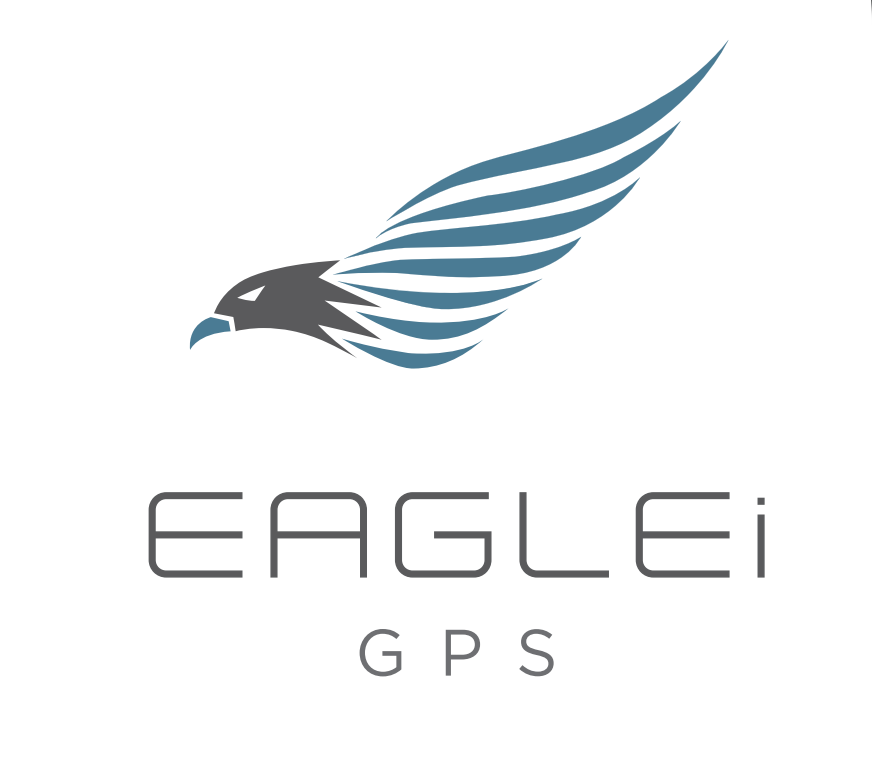ELD GPS and Compliance Management: How GPS Tracking Ensures Regulatory Compliance
Ensuring regulatory compliance is a top priority for fleet managers. Safety regulations and industry standards require that fleets adhere to specific rules and guidelines to ensure the safety of drivers and other road users. However, managing compliance can be challenging, especially for large fleets with numerous vehicles and drivers. Fortunately, ELD GPS systems can help fleet managers ensure compliance by providing accurate, real-time data on drivers’ hours of service (HOS) and other critical metrics. In this article, we’ll explore in detail how ELD GPS can help fleet managers achieve regulatory compliance and avoid costly penalties.
Understanding ELD GPS and Compliance Management
ELD GPS is a system that records and tracks driver hours of service (HOS) and other critical metrics, such as vehicle location and engine data. By using GPS technology, the system provides real-time tracking and reporting, enabling fleet managers to monitor their drivers’ activities and ensure compliance with safety regulations and industry standards. ELD GPS systems are designed to be user-friendly, easy to install, and cost-effective, making them an ideal solution for fleets of all sizes.
Compliance management is the process of ensuring that your fleet operations adhere to safety regulations and industry standards. ELD GPS plays a critical role in compliance management by providing accurate data on drivers’ HOS and other critical metrics. The system automatically records drivers’ HOS, ensuring that they do not exceed the maximum hours of service allowed by law. The system also generates alerts when drivers exceed speed limits or deviate from their designated routes, enabling fleet managers to take corrective action quickly.
The Benefits of ELD GPS for Compliance Management
Accurate HOS tracking
ELD GPS systems provide accurate tracking of drivers’ HOS, enabling fleet managers to ensure compliance with safety regulations and industry standards. The system records the driver’s start and end times, breaks, and rest periods, ensuring that they do not exceed the maximum hours of service allowed by law. This information is critical for maintaining compliance and avoiding costly penalties.
Real-time tracking
ELD GPS provides real-time tracking of drivers’ activities, allowing fleet managers to monitor their drivers’ compliance with safety regulations and industry standards in real-time. The system can generate alerts when drivers exceed speed limits or deviate from their designated routes, enabling fleet managers to take corrective action quickly. Real-time tracking also provides valuable insights into driver behavior, allowing fleet managers to identify areas for improvement and implement training programs to improve overall safety.
Automated reporting
ELD GPS systems generate automated reports on drivers’ HOS and other critical metrics, making it easy for fleet managers to ensure compliance with safety regulations and industry standards. The reports can be customized to suit your specific needs, enabling you to focus on the metrics that matter most to your business. Automated reporting also saves time and effort, reducing the administrative burden of compliance management.
Improved efficiency
ELD GPS systems can improve efficiency by reducing the time and effort required to manage compliance. By automating reporting and tracking, fleet managers can focus on other critical tasks, such as improving driver safety and reducing costs. ELD GPS systems also provide valuable data on vehicle performance, enabling fleet managers to identify maintenance issues early and take corrective action before they become major problems.
Additional Benefits of ELD GPS for Compliance Management
Driver coaching
ELD GPS systems can help fleets implement coaching programs for drivers to improve their performance and reduce the risk of non-compliance. By providing real-time data on driver behavior, such as excessive speed or harsh braking, fleet managers can identify areas where drivers need improvement and provide targeted coaching to help them improve their performance.
Reduced liability
ELD GPS systems can help reduce liability by ensuring that fleet operations adhere to safety regulations and industry standards. Compliance with these regulations reduces the risk of accidents and other incidents, reducing the potential for costly lawsuits and legal fees.
Improved driver safety
ELD GPS systems can improve driver safety by providing real-time data on driver behavior and vehicle performance. By identifying areas where drivers need improvement, fleet managers can implement training programs to improve overall safety and reduce the risk of accidents.
Better route planning
ELD GPS systems can help fleet managers plan better routes, reducing the risk of non-compliance. By providing real-time data on traffic conditions and road closures, fleet managers can avoid potential delays and route drivers around congested areas.
Increased productivity
ELD GPS systems can increase productivity by reducing the administrative burden of compliance management. By automating reporting and tracking, fleet managers can focus on other critical tasks, such as improving driver performance and reducing costs, leading to increased productivity and profitability.
Conclusion
ELD GPS systems are an essential tool for fleet managers looking to ensure compliance with safety regulations and industry standards. By providing accurate, real-time data on drivers’ HOS and other critical metrics, ELD GPS systems can help fleet managers avoid costly penalties and improve overall safety. Additionally, the system’s ability to automate reporting and tracking can reduce the administrative burden of compliance management, leading to increased productivity and profitability. If you’re a fleet manager looking to ensure compliance and improve safety, ELD GPS is a smart investment.







